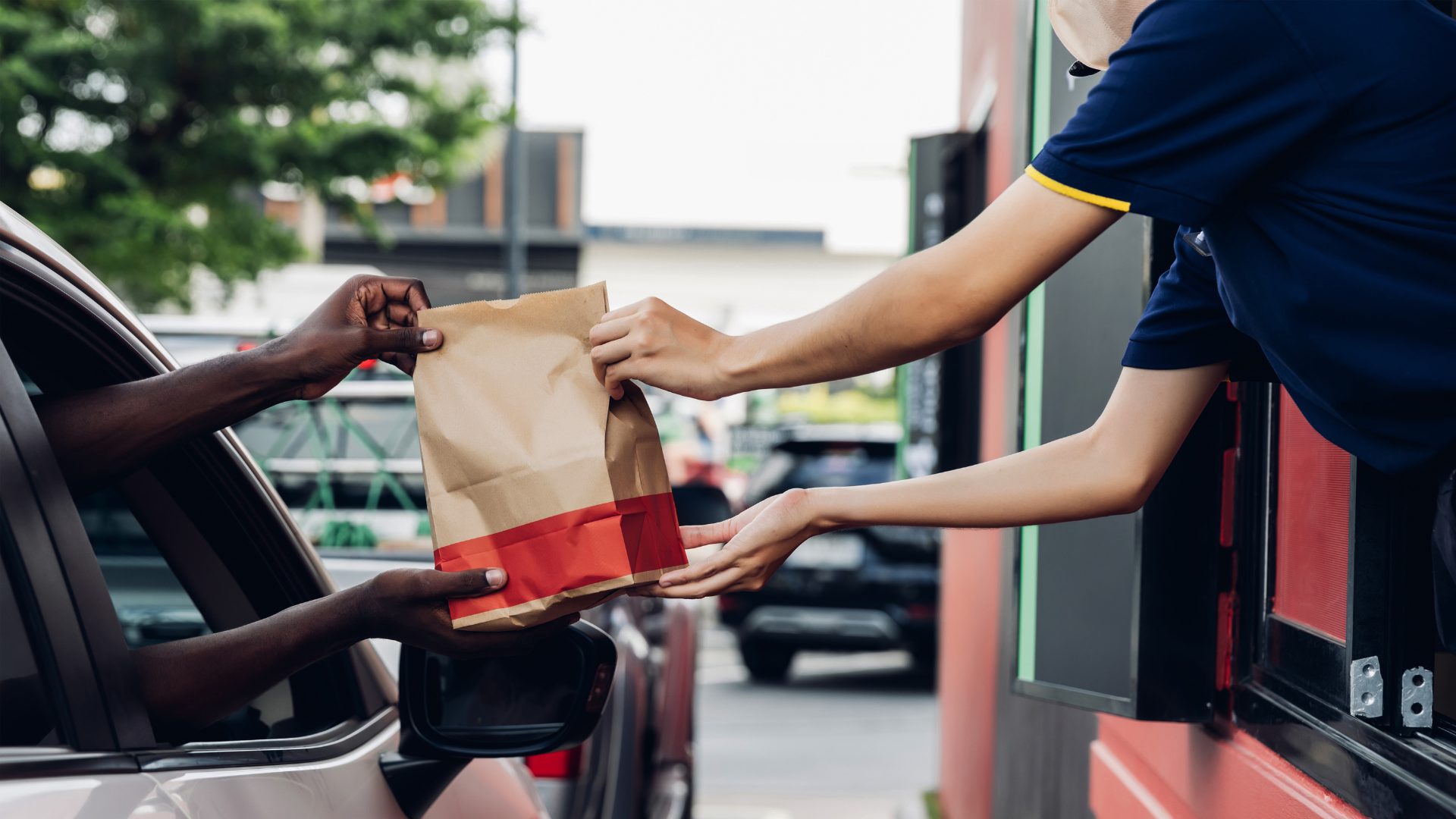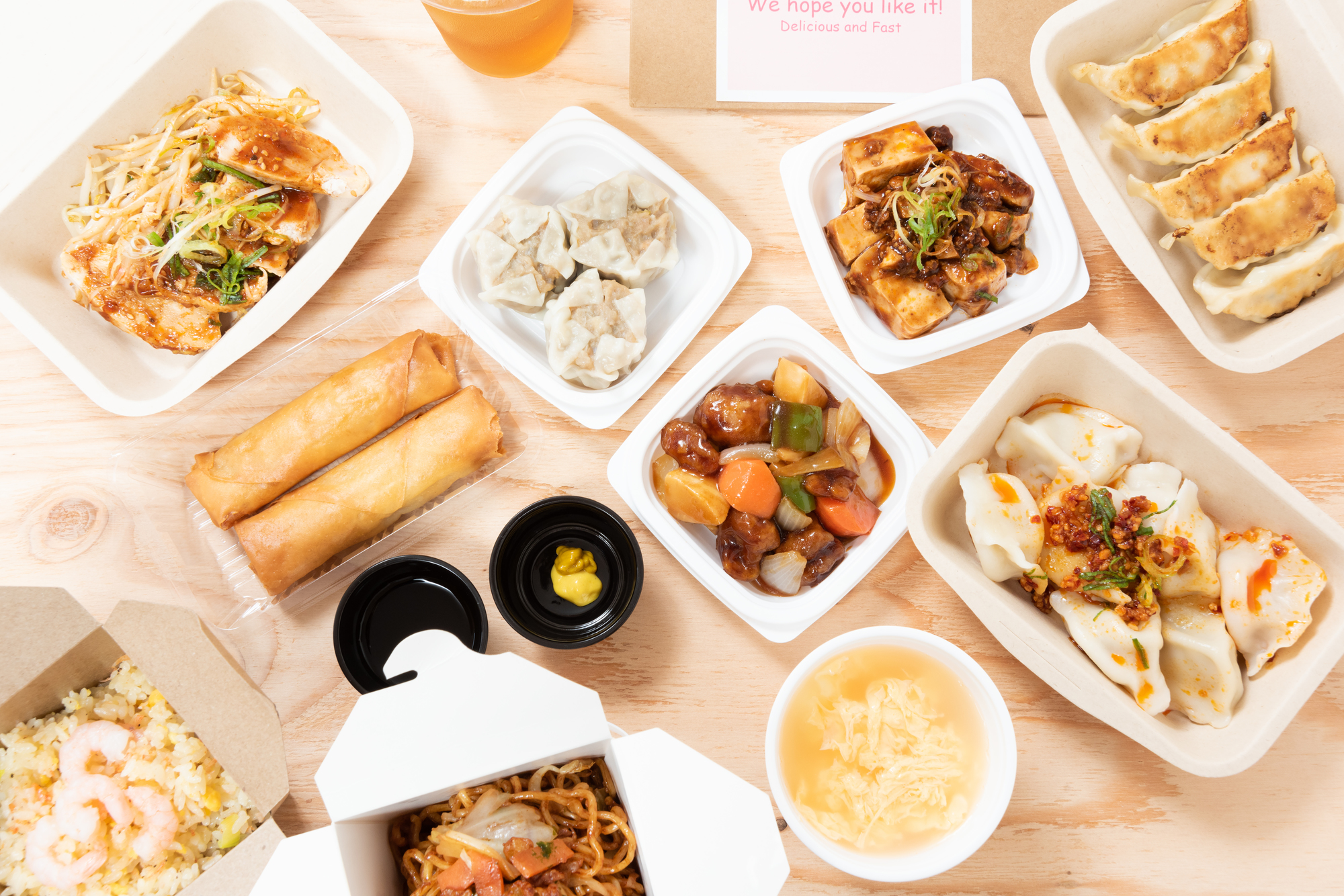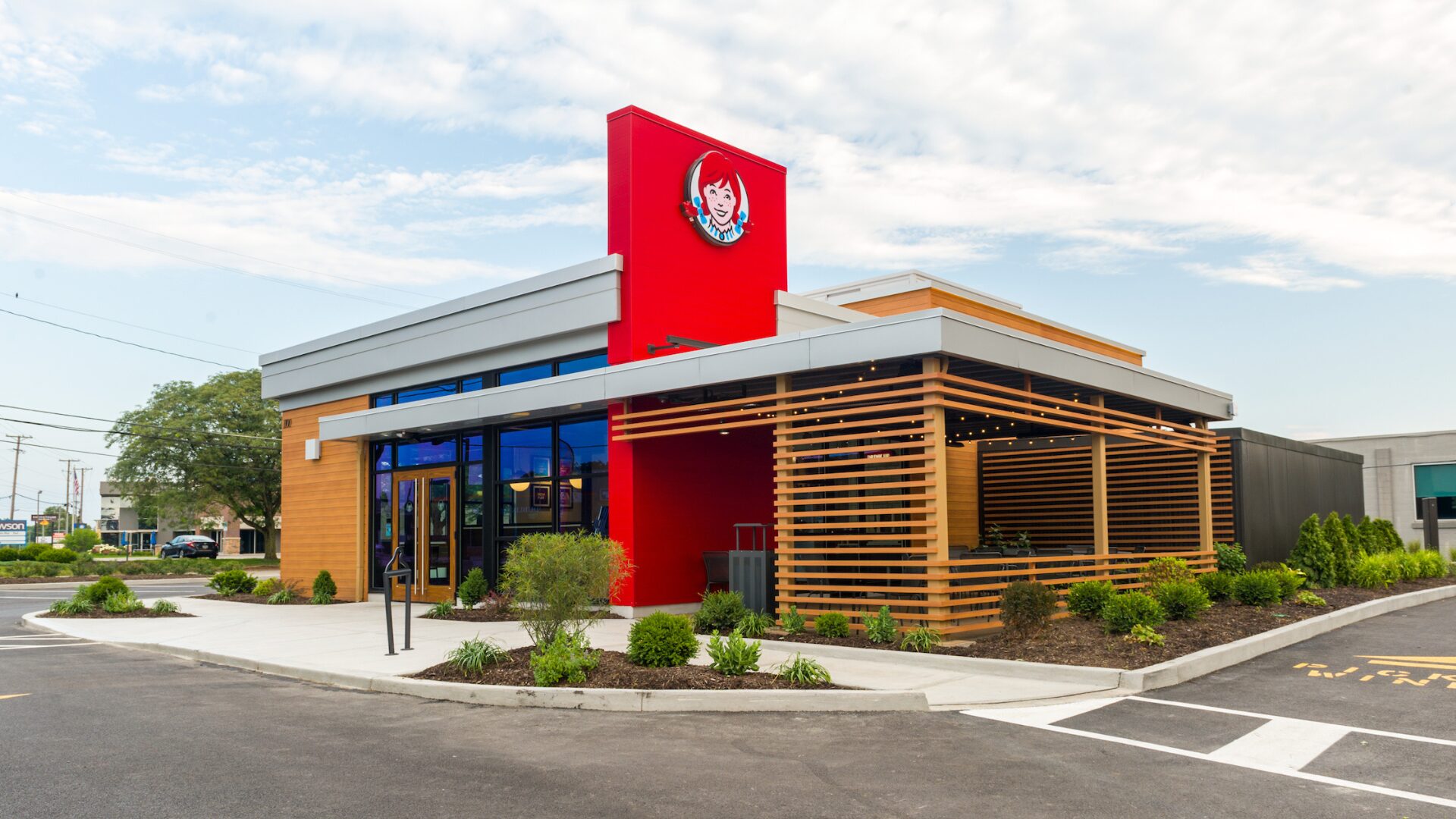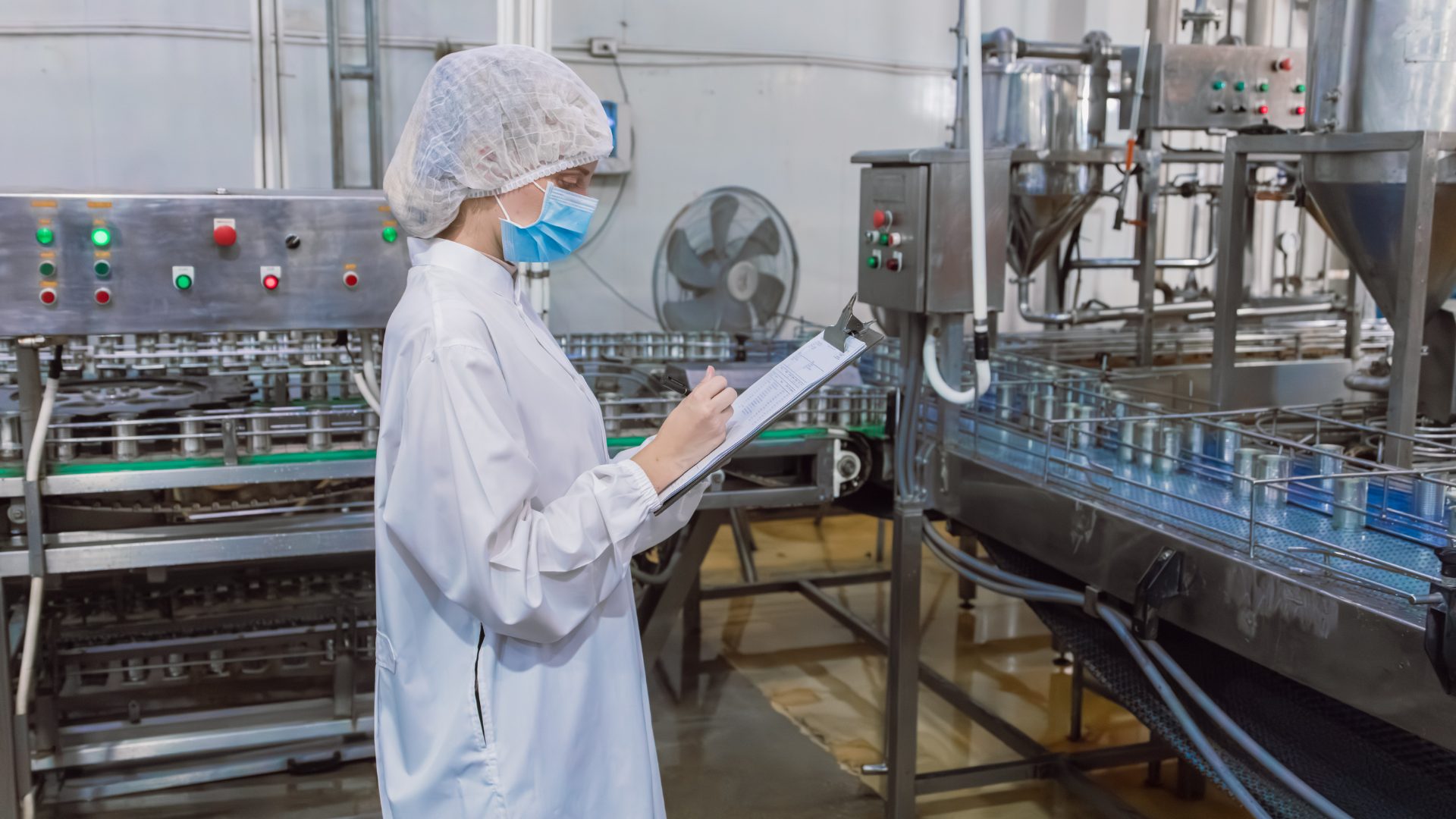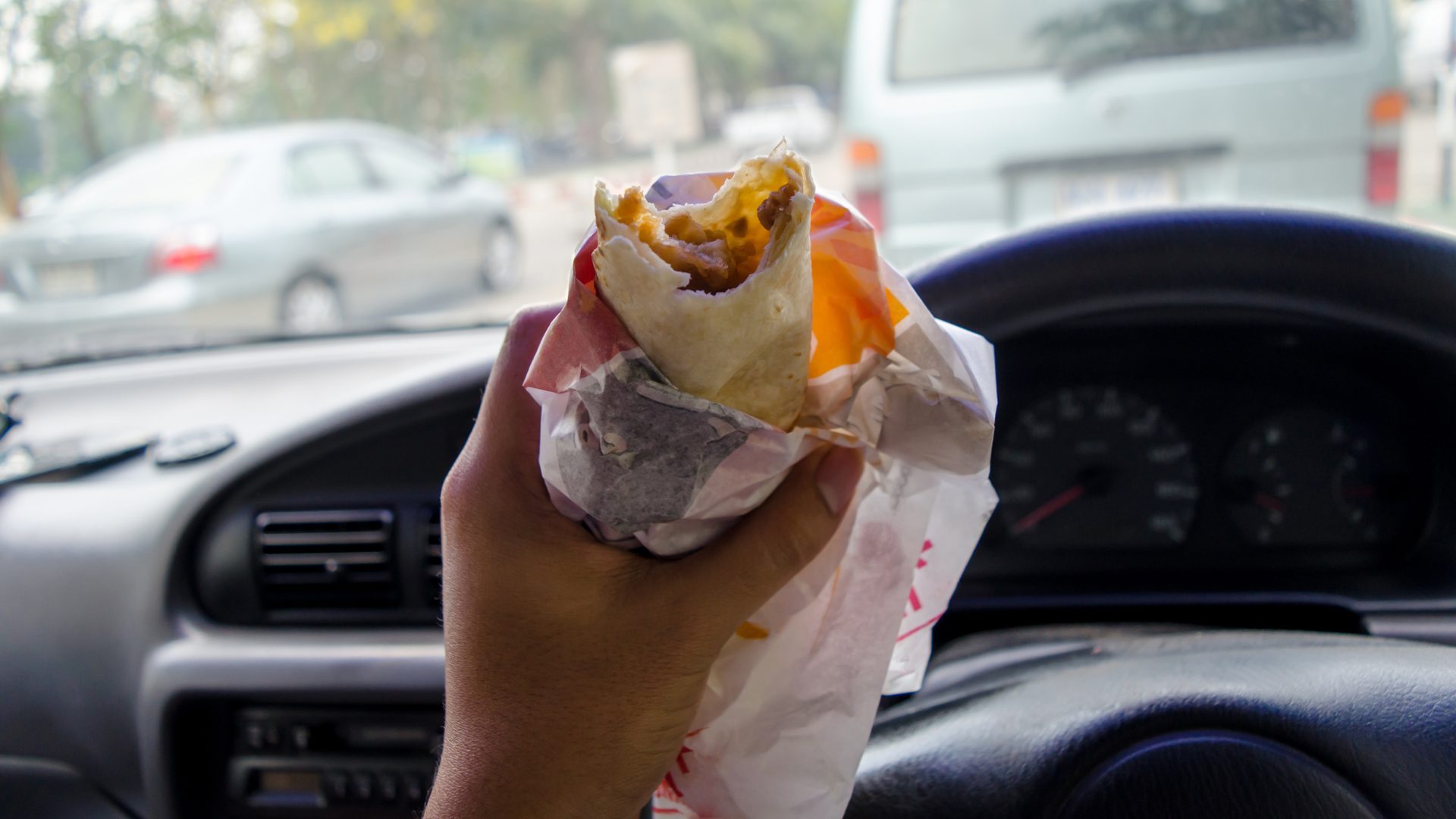Some of the greatest minds in human history – late, great physicist Stephen Hawking among them – have predicted that artificial intelligence will offer mankind immeasurable benefits.
So far, though, AI has yet to leave an indelible imprint on the food and beverage industry. Yes, some major chains, like Domino’s, have successfully used AI for personalized recommendations within their app. However, other major players, like McDonald’s, have also scrapped major initiatives related to AI, like the burger chain’s partnership with IBM for automated order taking.
“Most customers can feel frustrated when interacting with chatbots and automated customer service systems. And sometimes inquiries aren’t straightforward, and those inquiries aren’t easily managed by a machine,” said Stefania Barbaglio, CEO at Cassiopeia Services.
The CEO recalled customers’ discomfort with AI implementation at Amazon Go stores.
“If businesses can prioritize data security and ensure that AI enhances rather than replaces human interactions, then I think AI can be more accepted,” Barbaglio told The Food Institute.
Yes, AI usage has been hit or miss among many companies. Yet, retailers that have been transparent about their AI usage, like beauty brand Sephora (with its virtual artist tool), have seen higher customer acceptance.
Are food manufacturers, grocers, and restaurants destined to find their footing as it relates to AI? Most experts say: “Yes. … Eventually.”
“For restaurants, AI can be very valuable for inventory management, and to predict customer preferences and enhance personalized marketing,” Barbaglio said.
Grocers can use AI to improve supply-chain efficiency, reducing food waste through better demand forecasting. One noteworthy retail success story related to this new technology: Divert partnered with grocery chains like Safeway to use AI (along with reverse logistics, and RFID tracking) in an effort to identify food recovery opportunities. Over the span of 3 months, Divert helped Safeway stores reduce edible food going to waste by an average of 1,252 pounds per store per month.
Food manufacturers, meanwhile, are already using AI, for initiatives like optimizing production processes.
“AI-driven quality control systems can detect defects or contamination in products much better than humans,” Barbaglio said, “and that’s a big enhancement of food safety.”
Yes, implementing AI requires major investments from companies. But many business leaders feel the technology can make a major – and positive – impact.
Mark Abraham, managing director and senior partner at Boston Consulting Group, is among the believers. So much so, in fact, that he co-authored the forthcoming book, Customer Strategy in the Age of AI, along with Harvard Business School lecturer David C. Edelman. Abraham told FI that AI can offer several invaluable uses to food companies, such as:
- Personalized offers
- Mobile order recommendations
- Sales forecasting
- Inventory/ordering
- Online ordering substitutions
- Store manager virtual assistants
- Auto-scheduling
With all those potential use-cases, it’s hard not to wonder: Why hasn’t the F&B industry embraced AI completely? Why have there been so many “misses” and so few “hits”?
Recalling a recent swing and miss related to AI, FI guest columnist Dan Rowe noted that restaurant chains using AI in their drive-thru process have struggled with inaccuracies. For one thing, the technology struggles to recognize some customers’ accents.
“As a result, the current version of the technology isn’t solving speed for labor, and it’s making restaurants lose check average,” said Rowe, the CEO of Fransmart. “QSRs aren’t removing any employees from the drive-thru process because, right now, they need an employee to fix and troubleshoot automated order-taking.”
But, Rowe noted, “technology always has a version 2, and a version 3.” Thus, he still believes in the promise offered by utilizing AI in drive-thrus.
“My prediction is that we will see this kind of application being perfected in the next 18 to 24 months, as numerous chains are testing it,” Abraham said. “The industry continues to learn and adapt from these experiences.”
The Food Institute Podcast
Tom Hamill, a food and beverage senior analyst for RSM US LLP, joined The Food Institute Podcast to recap the 2024 Summer Fancy Food Show. Hamill shares his thoughts on burgeoning trends from the show and how emerging specialty food brands can best navigate economic factors in the years to come.






